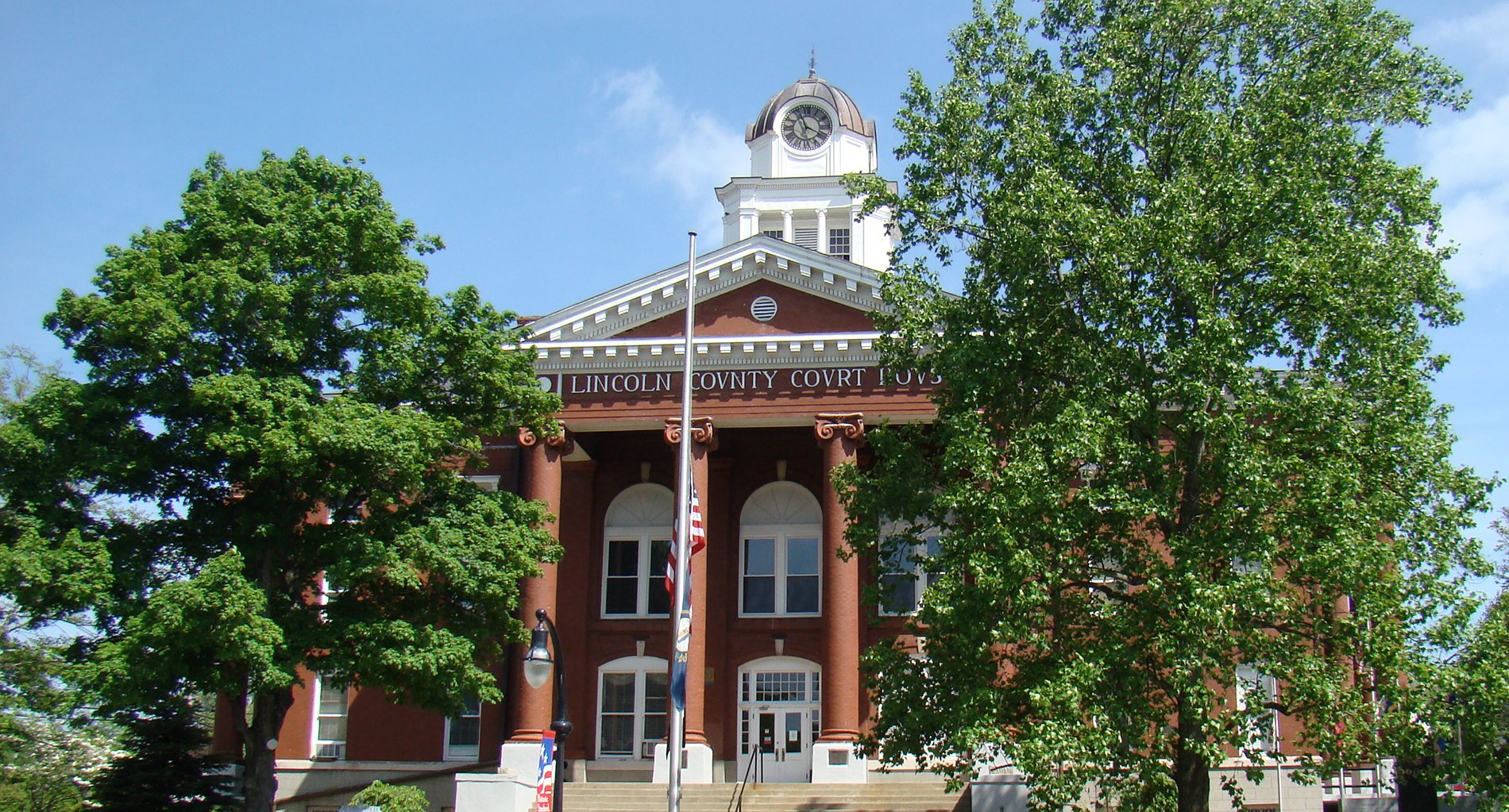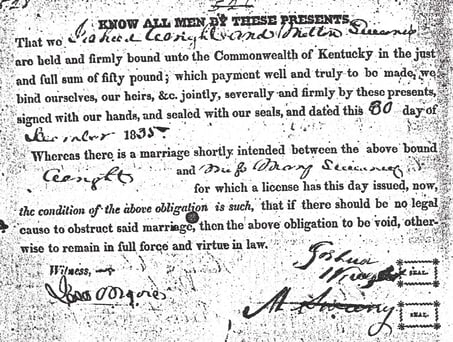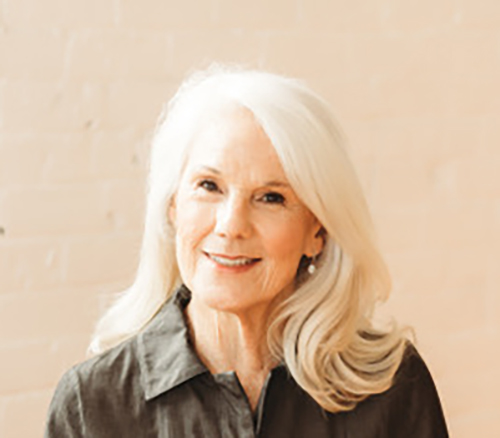
Lincoln County Courthouse, Kentucky. Photo by Russell and Sydney Poore via Wikimedia Commons.
In July of the summer of 2013, my husband and I took a driving trip through the back roads of Kentucky, Illinois, and Missouri, so I could visit courthouses and see documents that pertained to our family for myself.
By that time, some genealogical records were available online. As wonderful a development as that was, every genealogist still understood that no search was complete without access to documents that hadn’t yet been scanned, records that were only available in county courthouses. The countryside was gorgeous, and we allowed ourselves time to explore a part of the country we didn’t know well. We both loved the delicious southern food and historical points of interest, although I was the only one whose heart skipped a beat at the sight of a Wayne County probate book from the 1840s. My husband, a good sport, acted as my willing and able research assistant.
Each courthouse we visited had its own vibe and its own rules, established by the clerk who oversaw that particular collection. I was new to this kind of in-person researching and walked into each location a little nervous, hesitant to approach the clerk, who I was sure had better things to do than bother with some stranger asking for permission to disturb the collection and spread books and maps all over the place. Without exception, however, the clerks that summer were friendly, helpful, and seemed almost as eager as I was to find the documents that would break down my brick walls. Their kindness could have been simply southern hospitality, but their desire to locate the correct resources seemed sincere to me. Maybe caring for all those irreplaceable records made the caretakers fall a little bit in love with them.
Even if the clerks weren’t fully in love with the fragile papers they minded, they took pride in their collections. One clerk asked me what records I was hoping to find, and appeared bereft when I told her I was looking for marriage records from 1863. “Oh, that book has gone missing,” she said in a sorrowful tone. “But we do have the wills and property records from that time period. You might find some of what you are looking for in them.” She showed me where to find the books and wished me a hearty good luck. Another time, a clerk brought me a book I hadn’t even asked to see, telling me that for the period of time I was researching, the tax list could be a surprisingly useful source.

Scan of marriage license for my husband’s ancestors Mary Sweeny and Joshua Wright
It wasn’t just the scope of their collections that the clerks knew by heart. Many of them also seemed to have the history of the county committed to memory. On one stop, as I thrilled to the discovery of a previously unknown will, my husband struck up a conversation with the county clerk. The clerk not only knew folks in town who shared my husband’s last name, but also insisted they’d love to meet us and gave him directions to their place. I regret that we didn’t go. I was not in the habit of stopping by unannounced, even at a friend’s house, and couldn’t image turning up on a stranger’s doorstep. I kick myself now for the lost opportunity.
Only once have we been disappointed by a courthouse visit. On another trip to a different part of the country, we encountered a collection in such disarray that it was essentially useless. The books were strewn about two isolated rooms. The shelves were half-empty, and those that held books contained many with missing covers or torn-out pages. The clerk was nowhere to be found, and no one else seemed to know anything about the records. It broke my heart to visit that courthouse. The town itself was in serious decline, and as we drove away, I realized that finding the funds to restore its archival records collection was probably the least of its worries. The loss of information could be irremediable.
That sad experience made me even more grateful for the order, helpfulness, pride, and kindness we encountered elsewhere. So, I must say thank you and kudos to the clerks of Wayne, Lincoln, and Russell Counties, Kentucky; to the clerks of Union, Alexander, and Jackson Counties, Illinois; to clerks of Cape Girardeau and Scott Counties, Missouri; and to the many other county clerks I haven’t yet met who do their work so well. Your competence preserves the future of our history.
Further Learning
Research Guides A-Z
Looking to conduct research in a particular location? Check out our collection of free research guides! Covering groups and locations from the U.S. to Canada, Europe, and beyond, these guides outline what records are available and can help you figure out where to begin your search.
Free Video Lecture: Researching at Libraries, Archives, and Other Repositories
Senior Genealogist Rhonda R. McClure discusses the importance of taking your family history research offline, provide examples of what you might find when you do, and how to prepare for doing research at an archives, library, historical society, or other repository.
Share this:

About Diane Parrish
Diane Parrish’s lifelong interest genealogy caught fire when she inherited an older relative’s comprehensive family tree several years ago. Since then she’s gone down a lot of rabbit holes and also broken through enough brick walls to keep the flame burning. A former litigation attorney, she recently completed her first novel and has published essays in The National Gardener, BookTrib, Calla Press Literary Journal, and elsewhere. Ms. Parrish lives in Connecticut with her husband and their elderly but energetic Corgi, Finn.View all posts by Diane Parrish →